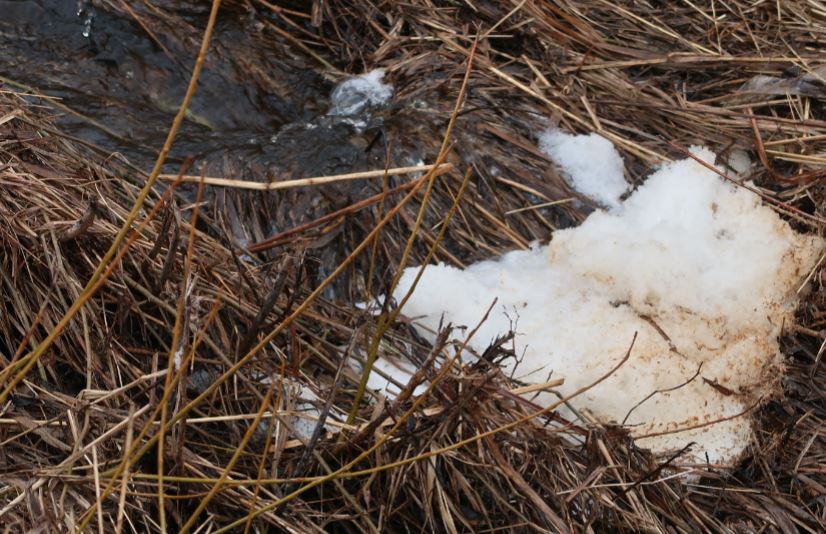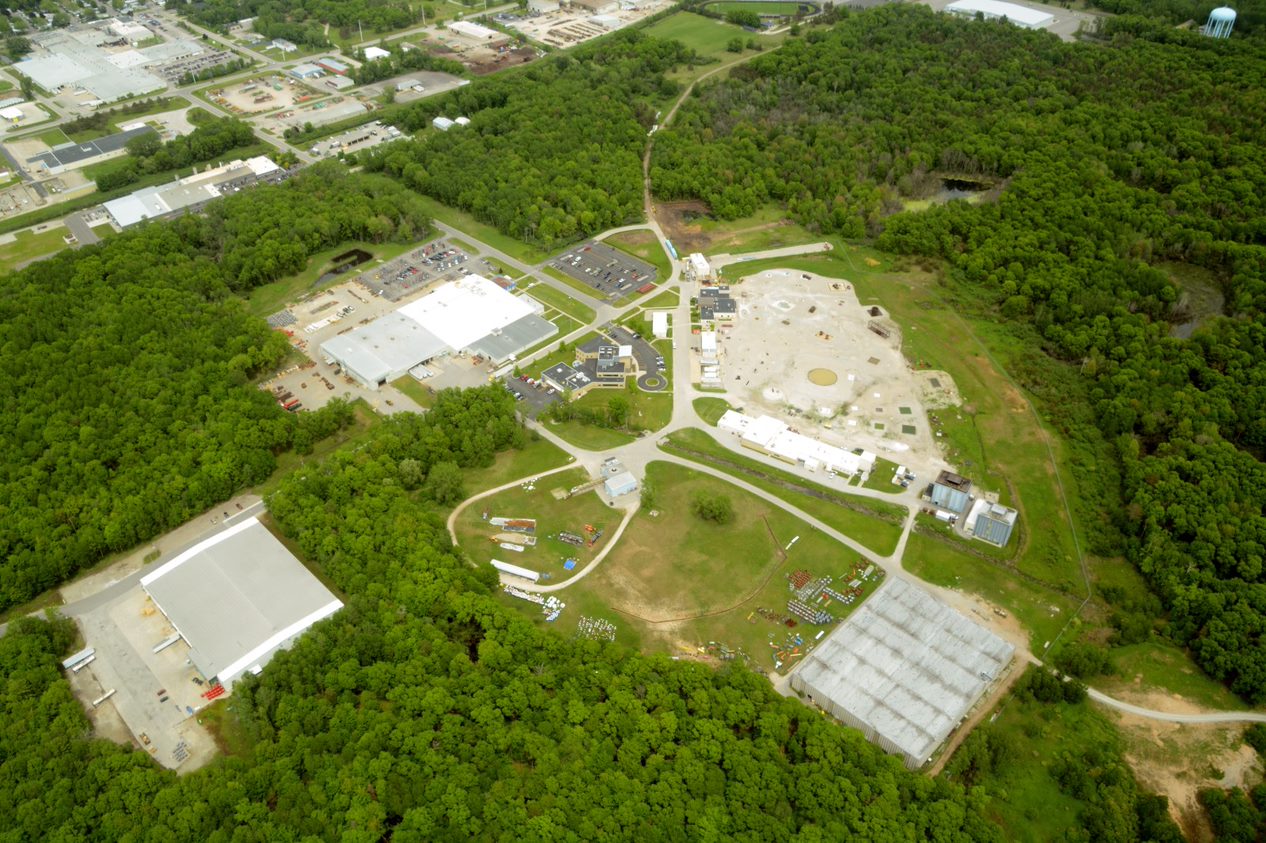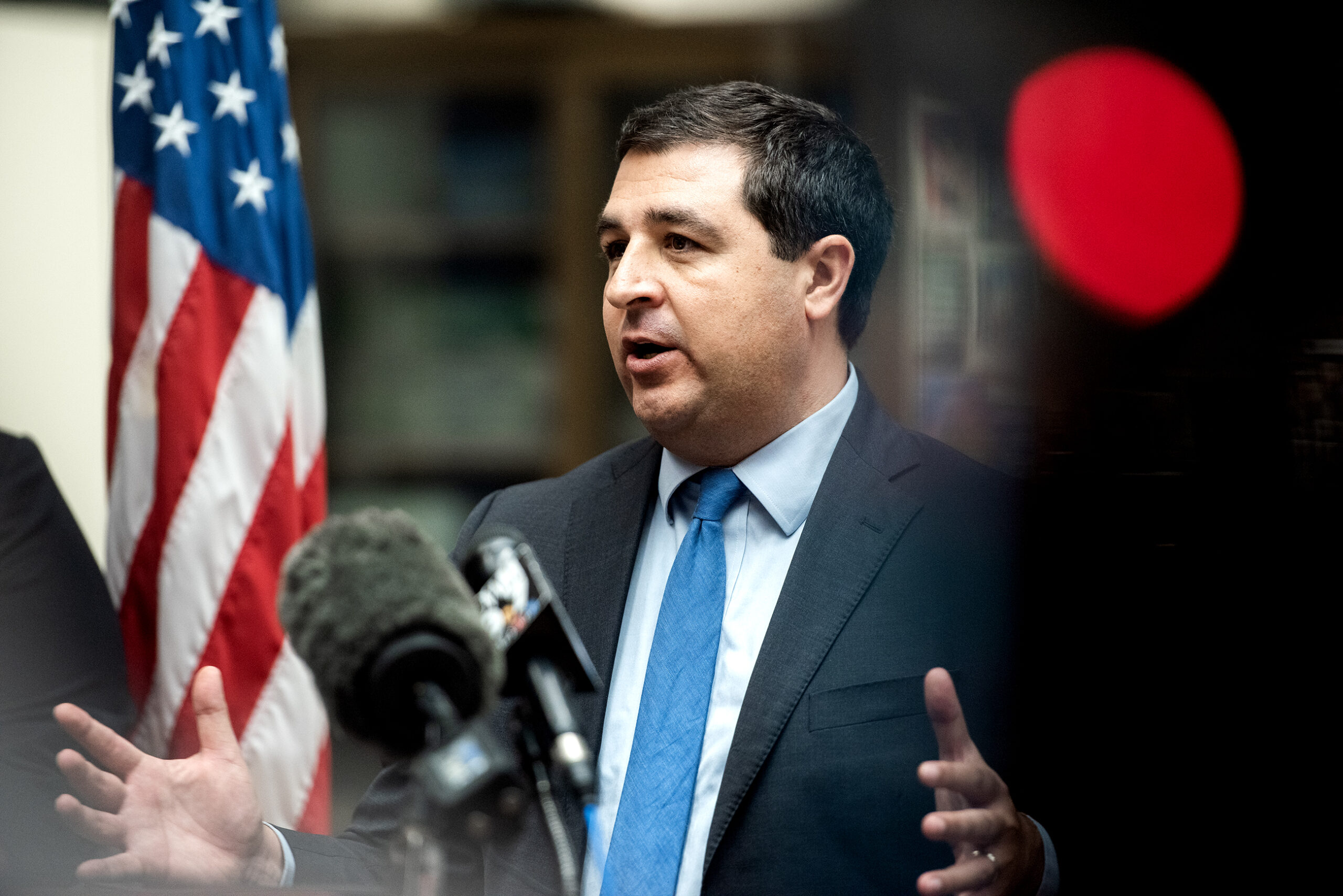Gov. Tony Evers announced Friday his administration is seeking an outside law firm to help the state prosecute companies responsible for PFAS contamination in Wisconsin. The move is part of an effort to hold corporate polluters responsible under the state’s PFAS Action Plan, which was released in December.
Perfluoroalkyl and polyfluoroalkyl substances, commonly referred to as PFAS, have raised concerns because they don’t break down easily in the environment. The chemicals are found in firefighting foam and everyday products. Studies have linked PFAS to thyroid disease, reproductive health issues, and kidney and testicular cancers.
“PFAS can have devastating effects not only on our state’s ecosystem and vital natural resources, but on the health of our families and communities across the state,” said Evers in a statement. “It is unacceptable and those companies responsible for the contamination of our land and water should be held accountable so we can move forward in cleaning up this pollution for the health and safety of our communities.”
Stay informed on the latest news
Sign up for WPR’s email newsletter.
Working with Attorney General Josh Kaul, Evers has asked the Wisconsin Department of Administration to solicit bids from law firms, according to a release. The administration did not provide details on what company or companies would be the target of litigation.
States like Michigan, New Hampshire and Vermont have mounted legal challenges against companies responsible for PFAS contamination to secure compensation for residents impacted by pollution.
Clean Wisconsin applauded the governor’s announcement in a statement. Carly Michiels, the group’s director of government relations, said the decision comes as lawmakers recently weakened an emergency rule to enforce restrictions as part of a law that bans the use of firefighting foam that contains PFAS except in an emergency and limited circumstances.
“Against legislative inaction and limiting any PFAS protections at the behest of industry and PFAS-users, this action finally provides accountability and prioritizes public health,” said Michiels. “Industry and heavy PFAS-users cannot continue to drive the narrative to protect their own pocketbooks forgetting those most harmed by their actions.”
In a statement, Wisconsin Manufacturers and Commerce (WMC) called the move a political stunt, highlighting that no state or federal PFAS standards currently exist for companies.
The Wisconsin Department of Natural Resources is in the process of crafting standards for the chemicals in groundwater, drinking water and surface water. State health officials have recommended a combined standard of 20 parts per trillion for six PFAS chemicals. No federal standards exist for PFAS, although the Environmental Protection Agency has set a health advisory level of 70 parts per trillion for PFOA and PFOS.
“If the governor was truly looking to protect the environment, he would have continued to work closely with the business community on this topic,” said Kurt Bauer, WMC president and CEO. “History has shown time and again that more lawsuits only add to the delay associated with environmental cleanups. Today’s announcement will actually slow progress toward addressing contaminated areas in our state.”
Wisconsin environmental regulators are monitoring more than 50 sites with PFAS contamination across the state, including in Superior, Marinette, Madison and Milwaukee. The sites include military installations, industrial areas and waterways. The contamination has required some residents of at least three Wisconsin towns to rely on bottled water due to elevated levels of the chemicals.
Tyco Fire Products is the focus of the state’s largest, most complex investigation into PFAS contamination around its fire training facility in Marinette. Around 130 residents in the Peshtigo and Marinette area have been drinking bottled water since late 2017 after high levels of PFAS were found in private wells.
Peshtigo residents recently reached a $17.5 million settlement with Tyco over contamination stemming from the company’s use of PFAS-containing firefighting foam.
The DNR referred Tyco and parent company Johnson Controls to the Wisconsin Department of Justice in 2019 for failing to report any release of PFAS when it was first discovered in 2013. Company officials have said they believed contamination had been confined to the site of its facility.
Evers’ announcement came a day after the DNR announced surface water sampling confirmed traces of PFAS throughout Madison-area lakes and along the Yahara River. The agency began collecting samples after testing last year showed elevated levels of the chemicals in stormwater coming from the Dane County airport, which drains into Starkweather Creek and Lake Monona. The airport was the site of burn pits used for firefighter training.
The findings prompted a fish consumption advisory for those two waterbodies, and the agency is currently reviewing fish tissue samples for PFAS on the Yahara chain of lakes. The DNR also recently issued a fish consumption advisory for smelt on Lake Superior.
In September, the agency warned residents in the Marinette and Peshtigo area to avoid eating liver from deer harvested in a five-mile area around Tyco’s facility in Marinette.
Editor’s note: This story was updated with comments from Clean Wisconsin and Wisconsin Manufacturers and Commerce.
Wisconsin Public Radio, © Copyright 2024, Board of Regents of the University of Wisconsin System and Wisconsin Educational Communications Board.




